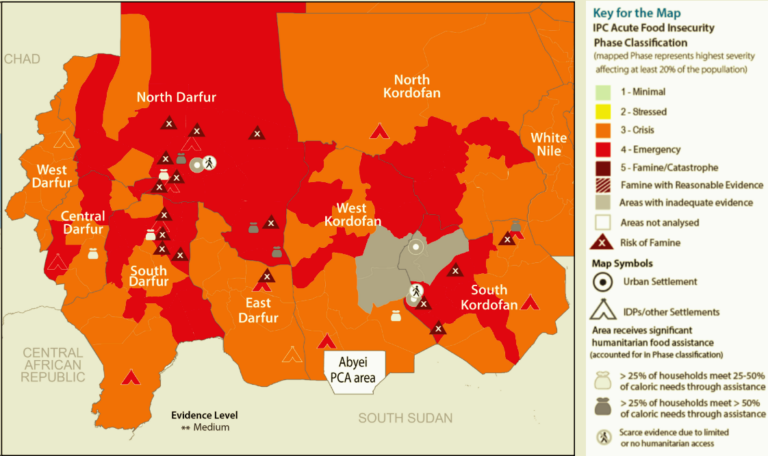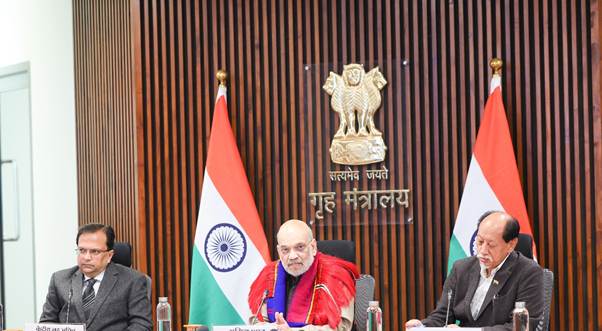
Washington: Amidst prevailing tension between the two superpowers over Russia’s role in US elections and the Russian troops’ buildup on Ukraine border, US National Security Advisor Jake Sullivan spoke by phone today with Nikolay Patrushev, Secretary of the Russian Security Council and the two discussed a number of issues in the bilateral relationship, as well as regional and global matters of concern.
Sullivan and Secretary Patrushev also discussed the prospect of a presidential summit between the United States and Russia and agreed to continue to stay in touch.
In the meantime today, the US Deputy National Security Advisor for Cyber and Emerging Technology on SolarWinds and Microsoft Exchange Incidents issued a statement referring to the [US President Joe] Biden Administration’s two Unified Coordination Groups (UCGs) meetings to drive a whole of government response to the SolarWinds and Microsoft Exchange incidents. “Due to the vastly increased patching and reduction in victims, we are standing down the current UCG surge efforts and will be handling further responses through standard incident management procedures,” the statement said.
According to the statement, the Biden Administration was undertaking a whole-of-government effort – working closely with Congress, the private sector, and allies and partners around the world – to build back better in new and innovative ways, to modernize our cyber defenses and enhance the nation’s ability to quickly and effectively respond to significant cybersecurity incidents. While this will not be the last major incident, the SolarWinds and Microsoft Exchange UCGs highlight the priority and focus the Administration places on cybersecurity, and at improving incident response for both the U.S. government and the private sector.
It further stated that through industry relationships and leveraging legal authorities, the Federal Bureau of Investigation (FBI) and US Department Of Justice (DOJ) quickly identified the scale of the incidents – in the SolarWinds UCG, for example, scoping from a worst case of 16,800 to fewer than 100 targeted exploited nongovernment entities. This enabled focused victim engagement and improved understanding of what the perpetrators targeted from the larger set of exposed entities.
NSA and CISA released cybersecurity advisories that detailed adversary techniques and provided mitigation for system owners. NSA also provided guidance to other U.S. military and intelligence organizations, as well as contractors in the defense industrial base.
It may be mentioned that SolarWinds was the hacking campaign that deemed a grave threat to U.S. national security as SolarWinds’ software update was allegedly seeded by Russian intelligence agents with malware to penetrate sensitive government and private networks. The hack was believed to have begun in March when the malware affected the Product of U.S. company SolarWinds, to offer hackers remote access into an organization’s networks to enable it steal information.
The hackers also abused Microsoft’s code in the Presidential election campaign’s second stage, to access emails and other files of high-value targets such as the then-acting Homeland Security chief Chad Wolf.
– global bihari bureau






Help save the world